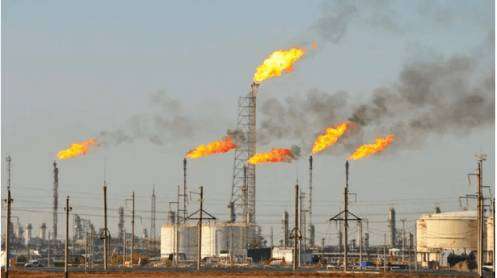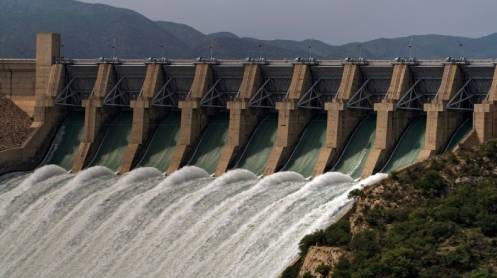KARACHI: The government’s decision to impose petroleum and carbon levies on furnace oil (FO) from July 1 is likely to reduce domestic consumption and push refiners toward exports, according to market analysts.
For the first time, a combined levy of Rs79.5 per litre—comprising Rs77 in Petroleum Levy (PL) and Rs2.5 in Carbon Levy (CL)—will be imposed on FO. The move is aimed at discouraging fossil fuel use and generating revenue for green energy initiatives, with the government expecting to collect Rs75 billion in the upcoming fiscal year.
Analysts predict the levies will raise FO prices by around Rs85,000 per tonne, a 57% hike, pushing rates to nearly Rs235,000 per tonne. Farhan Mahmood of Sherman Securities noted the impact on listed companies may be limited, as many have already shifted to coal and solar energy. The energy-intensive cement sector, for example, uses FO primarily as a backup.
FO consumption is forecast to fall to 0.9 million tonnes in FY25, down from 1.2 million tonnes in FY24, continuing a sharp three-year decline averaging 40% annually. A decade ago, Pakistan consumed 9.2 million tonnes of FO—then a major source of power generation. Today, FO accounts for just 1.5% of the energy mix, replaced largely by LNG and coal.
Local refineries produce about 2.5 million tonnes of FO annually, with around 1.5 million tonnes already being exported. Analysts warn that if domestic demand continues to weaken, refineries may face lower throughput or temporary shutdowns, negatively impacting earnings. Even with increased exports, gross refining margins (GRMs) could suffer, as FO typically trades at a discount in international markets.
Despite the levies, the impact on electricity tariffs is expected to be minimal, given FO’s declining role in grid power generation. However, refineries may bear the brunt of the policy shift, as FO still constitutes around 24% of their product output.
Story by Tanveer Malik






